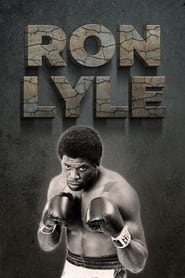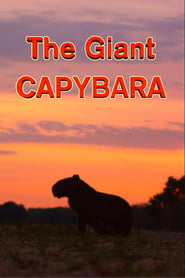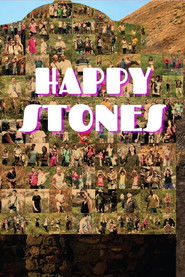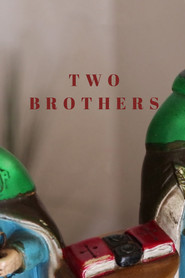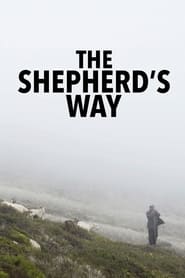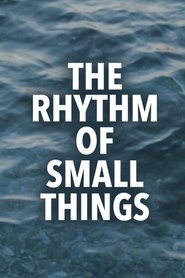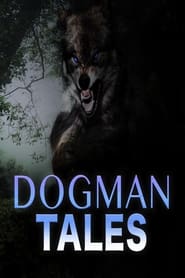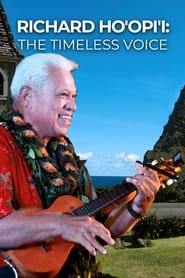Top Rated Documentary Movies on Free Services - Page 483
-
Earths Fate Unknown
2011
Earths Fate Unknown
2011
The award-winning film documents the amazing, true-life adventures of Billy Meier, the only proven UFO contactee. Follow Meier's journey from his childhood in Switzerland, through the French Foreign Legion, his life as the "Phantom". -
Great South to Sacred Land
2018
The magnificence of the Great Ocean Road, Coober Pedy, the world’s capital of Opal, the marvels of The Breakaways, the Devil’s Marbles, Katherine Gorge and Uluru-Kata-Tjuta, the jewel of the Red Centre, a sacred land for the Anangu people. -
Carnarvon, Back in Time
2021
Sandstone cliffs, the home of ancient plants, animals and above all a wealth cultural and natural heritage. A world of discovery in this ancient landscape, a walk back in time to retrace the steps of the ancient owners of the land. -
Ron Lyle
2021
Ron Lyle
2021
Ron Lyle A look back at Ron Lyle, a convicted murderer who upon his release from prison, was able to rebuild his life and become one of the top heavyweight contenders in the 1970s. Lyle would fight Muhammad Ali, George Foreman, and Earnie Shavers among others. -
The Giant Capybara
1995
The Giant Capybara
1995
Resumes more than 15 years of research on the Natural History of the Capybara, unpublished images of the biology and behaviour of this south American colossus. The most comprehensive documentary produced in its natural habitat. -
Happy Stones
2021
Happy Stones
2021
When you lose a child, you fall into despair or start to build. The challenges of building a chapel high in the mountains as a unifying image of power, will, the spirit of the ordinary man, and a monument for those who will always live in our hearts. -
Veio De Resistencia
2019
Veio De Resistencia
2019
In the backlands of Crateús, in the center-west of Ceará, Brazil, the native peoples' struggle for survival seems to be tied to the spirit of the Poti River. The ability of nature to reinvigorate reflects human resistance to climatic adversities. -
Two Brothers
2021
Two Brothers
2021
Every September 27, Julio Valverde and his family make a Cosmas and Damian’s caruru at Soteropolitano, a Bahian food restaurant located in São Paulo. Over 25 years, the promise to offer this party has been fulfilled. -
The Stone Listener
2021
The Stone Listener
2021
At the age of 75, Gabriel Pitteloud is one of the few chimney masons who create handcrafted fireplaces in cut stones. For the man who, for 40 years, has been making the stones sing, the profession has distilled into a philosophy of life. -
The Shepherd's Way
2021
The Shepherd's Way
2021
Filipe is a 75-year-old shepherd. Accompanied by his dog Flech, he walks with his poetry, his flock of goat and sheep on the harsh and majestic slopes of the Serra dos Mangues. In this rapidly changing territory, he is the link, between past and present. -
The Rhythm of Small Things
2020
Six women, from diverse cultural backgrounds, hold onto to calming everyday routines enabling them to cope with an unfamiliar society and an uncertain future in Athens whilst also dreaming about what might be. -
Dogman Tales
2022
Dogman Tales
2022
What is Dogman? How is it related to Sasquatch? In this compelling documentary several researchers and experts discuss the Cryptid Dogman. -
Esther and the Law
2023
Esther and the Law
2023
What does it take to go against a multinational? Esther Kiobel’s husband Barinem was one of the men executed in 1995 after revolting against Shell’s pollution of Ogoniland (Nigeria). Almost 25 years later, Esther takes Shell to court in the Netherlands. -
Todd Hickman
2022
Todd Hickman
2022
Todd Hickman was an amateur boxer who looked like the second coming of Sugar Ray Leonard. Despite his tremendous promise, he could not stay away from the wrong crowd and met a tragic end. -
Le Crisalidi
2021
Le Crisalidi
2021
Onofrio died in Berlin in 1978 at the age 23, leaving behind some love letters, the last of which is from Maria, who believed him alive for 40 years. Made with the intention of giving a voice to the silence created by his family around this loss. -
Richard Ho'opi'i: The Timeless Voice
2020
From the tiny fishing village of Kahakuloa Maui explore the life and music of Hawaiian Music Master Richard Ho'opi'i. -
UFOs Invade Hollywood
2021
Coming attractions from 25 of everyone's favorite sci-fi UFO films from the 50s. Plus, there are stills, posters, and lobby cards, along with production facts and behind-the-scenes stories. -
Miles of Smiles, Years of Struggle
1982
The story of the organizing of the first black trade union - The Brotherhood of Sleeping Car Porters - provides an account of African American working life between the Civil War and World War II. Miles of Smiles chronicles the organizing of the first black trade union - the Brotherhood of Sleeping Car Porters. This inspiring story of the Pullman porters provides one of the few accounts of African American working life between the Civil War and World War II. Describes the harsh discrimination which lay behind the porters' smiling service. Narrator Rosina Tucker, a 100 year old union organizer and porter's widow, describes how after a 12 year struggle led by A. Philip Randolph, the porters won the first contract ever negotiated with black workers. Miles of Smiles both recovers an important chapter in the emergence of black America and reveals a key source of the Civil Rights movement. -
Partenoplay
2021
Partenoplay
2021
Partenoplay recounts the cultural heritage of Naples through a cross-media format that combines arts, stories, myths, legends and people of the city through the stories of six Neapolitan songwriters. Their songs generate a unique image of Naples...
 Netflix
Netflix
 Amazon Prime Video
Amazon Prime Video
 Apple iTunes
Apple iTunes
 Apple TV Plus
Apple TV Plus
 Disney Plus
Disney Plus
 Google Play Movies
Google Play Movies
 Paramount Plus
Paramount Plus
 Hulu
Hulu
 HBO Max
HBO Max
 YouTube
YouTube
 fuboTV
fuboTV
 Peacock
Peacock
 Peacock Premium
Peacock Premium
 Amazon Video
Amazon Video
 The Roku Channel
The Roku Channel
 AMC+
AMC+
 Kocowa
Kocowa
 Hoopla
Hoopla
 The CW
The CW
 Vudu
Vudu
 Starz
Starz
 Showtime
Showtime
 PBS
PBS
 Pantaflix
Pantaflix
 FXNow
FXNow
 Tubi TV
Tubi TV
 Kanopy
Kanopy
 Comedy Central
Comedy Central
 Crunchyroll
Crunchyroll
 Microsoft Store
Microsoft Store
 Redbox
Redbox
 Sun Nxt
Sun Nxt
 ABC
ABC
 DIRECTV
DIRECTV
 Crackle
Crackle
 Fandor
Fandor
 Plex
Plex



